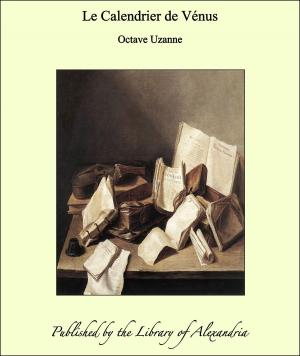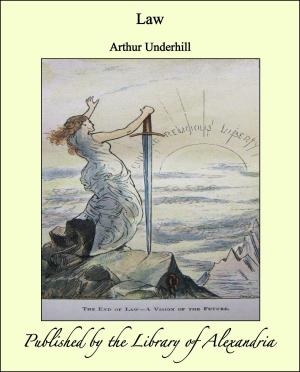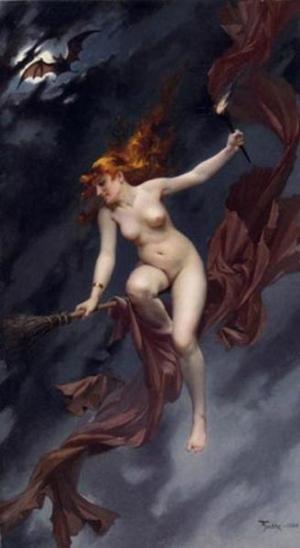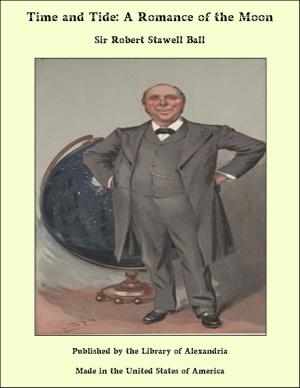| Author: | Ellis Parker Butler | ISBN: | 9781465594785 |
| Publisher: | Library of Alexandria | Publication: | March 8, 2015 |
| Imprint: | Language: | English |
| Author: | Ellis Parker Butler |
| ISBN: | 9781465594785 |
| Publisher: | Library of Alexandria |
| Publication: | March 8, 2015 |
| Imprint: | |
| Language: | English |
PETER LANE GEORGE RAPP, the red-faced livery-man from town, stood with his hands in the pockets of his huge bear-skin coat, his round face glowing, looking down at Peter Lane, with amusement wrinkling the corners of his eyes. "Tell you what I'll do, Peter," he said, "I'll give you thirty-five dollars for the boat." "I guess I won't sell, George," said Peter. "I don't seem to care to." He was sitting on the edge of his bunk, in the shanty-boat he had spent the summer in building. He was a thin, wiry little man, with yellowish hair that fell naturally into ringlets: but which was rather thin on top of his head. His face was brown and weather-seamed. It was difficult to guess just how old Peter Lane might be. When his eyes were closed he looked rather old-quite like a thin, tired old man-but when his eyes were open he looked quite young, for his eyes were large and innocent, like the eyes of a baby, and their light blue suggested hopefulness and imagination of the boyish, aircastle-building sort. The shanty-boat was small, only some twenty feet in length, with a short deck at either end. The shanty part was no more than fifteen feet long and eight feet wide, built of thin boards and roofed with tar paper. Inside were the bunk—of clean white pine—a home-made pine table, a small sheet-iron cook-stove, two wooden pegs for Peter's shotgun, a shelf for his alarm-clock, a breadbox, some driftwood for the stove, and a wall lamp with a silvered glass reflector. In one corner was a tangle of nets and trot-lines. It was not much of a boat, but the flat-bottomed hull was built of good two-inch planks, well caulked and tarred. Tar was the prevailing odor. Peter bent over his table, on which the wheels and springs of an alarm-clock were laid in careful rows. "Did you ever stop to think, George, what a mighty fine companion a clock like this is for a man like I am?" he asked. "Yes, sir, a tin clock like this is a grand thing for a man like me. I can take this clock to pieces, George, and mend her, and put her together again, and when she's mended all up she needs mending more than she ever did. A clock like this is always something to look forward to."
PETER LANE GEORGE RAPP, the red-faced livery-man from town, stood with his hands in the pockets of his huge bear-skin coat, his round face glowing, looking down at Peter Lane, with amusement wrinkling the corners of his eyes. "Tell you what I'll do, Peter," he said, "I'll give you thirty-five dollars for the boat." "I guess I won't sell, George," said Peter. "I don't seem to care to." He was sitting on the edge of his bunk, in the shanty-boat he had spent the summer in building. He was a thin, wiry little man, with yellowish hair that fell naturally into ringlets: but which was rather thin on top of his head. His face was brown and weather-seamed. It was difficult to guess just how old Peter Lane might be. When his eyes were closed he looked rather old-quite like a thin, tired old man-but when his eyes were open he looked quite young, for his eyes were large and innocent, like the eyes of a baby, and their light blue suggested hopefulness and imagination of the boyish, aircastle-building sort. The shanty-boat was small, only some twenty feet in length, with a short deck at either end. The shanty part was no more than fifteen feet long and eight feet wide, built of thin boards and roofed with tar paper. Inside were the bunk—of clean white pine—a home-made pine table, a small sheet-iron cook-stove, two wooden pegs for Peter's shotgun, a shelf for his alarm-clock, a breadbox, some driftwood for the stove, and a wall lamp with a silvered glass reflector. In one corner was a tangle of nets and trot-lines. It was not much of a boat, but the flat-bottomed hull was built of good two-inch planks, well caulked and tarred. Tar was the prevailing odor. Peter bent over his table, on which the wheels and springs of an alarm-clock were laid in careful rows. "Did you ever stop to think, George, what a mighty fine companion a clock like this is for a man like I am?" he asked. "Yes, sir, a tin clock like this is a grand thing for a man like me. I can take this clock to pieces, George, and mend her, and put her together again, and when she's mended all up she needs mending more than she ever did. A clock like this is always something to look forward to."















